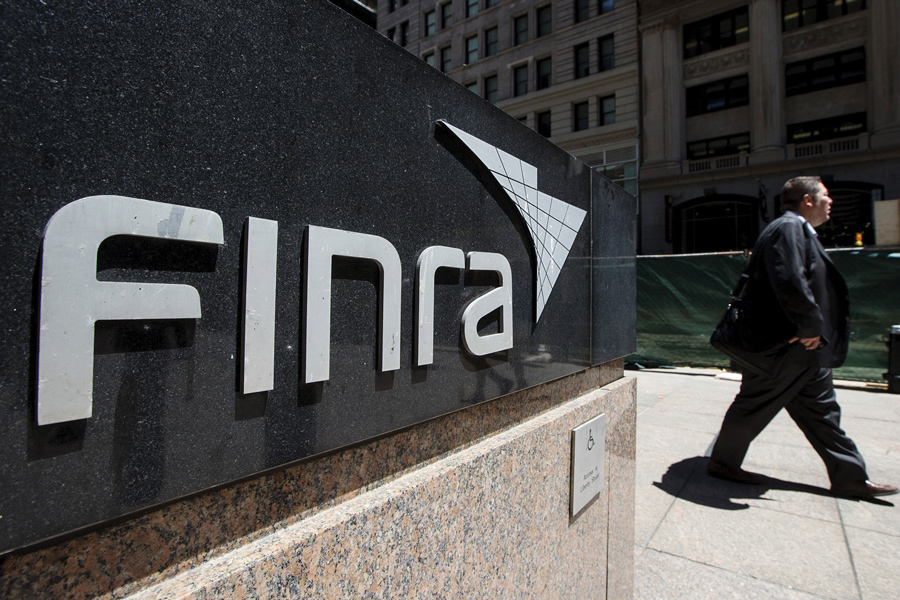

A Finra arbitration panel has ordered Memphis, Tenn.-based Wunderlich Securities to pay compensatory damages of $7 million and $2.8 million in interest to New York-based investment firm Dominick & Dickerman.
In the arbitration, attorneys for Dominick & Dickerman argued that Wunderlich committed common law fraud and negligent misrepresentation, violating the Financial Industry Regulatory Authority Inc.’s Rule 2010, which deals with fraud or deceit in connection with the purchase or sale of a security. Wunderlich acquired the wealth management business of Dominick & Dominick in 2015, after which the firm reverted to the name used at its founding in 1899.
“It’s rare for the Finra rule to be invoked when one firm acquires another, but it reflects the true nastiness of this catfight,” said an attorney not associated with the case who spoke on background.
When asked for details on the arbitration, James Henseler of Hughes Hubbard & Reed, attorneys for Dominick & Dickerman, declined to comment.
The arbitration panel also awarded $500,000, plus interest of $201,756, to Michael John Campbell, CEO of Dominick & Dickerman.
In addition, Wunderlich was required to pay Dominick & Dickerman $65,020 in costs and $818,778 in attorneys’ fees, as well as $2,500 to reimburse Dominick & Dickerman for nonrefundable filing fees.
In 2017, B. Riley Financial, a publicly traded investment bank in Woodland Hills, Calif., bought Wunderlich Securities for about $72 million in stock and cash. B. Riley also owns FBR & Co., the parent of Friedman Billings & Ramsey, a mid-market investment bank.

The looming threat of federal funding cuts to state and local governments has lawmakers weighing a levy that was phased out in 1981.

The fintech firms' new tools and integrations address pain points in overseeing investment lineups, account monitoring, and more.

Canadian stocks are on a roll in 2025 as the country prepares to name a new Prime Minister.

Carson is expanding one of its relationships in Florida while Lido Advisors adds an $870 million practice in Silicon Valley.

The approval of the pay proposal, which handsomely compensates its CEO and president, bolsters claims that big payouts are a must in the war to retain leadership.
RIAs face rising regulatory pressure in 2025. Forward-looking firms are responding with embedded technology, not more paperwork.
As inheritances are set to reshape client portfolios and next-gen heirs demand digital-first experiences, firms are retooling their wealth tech stacks and succession models in real time.
